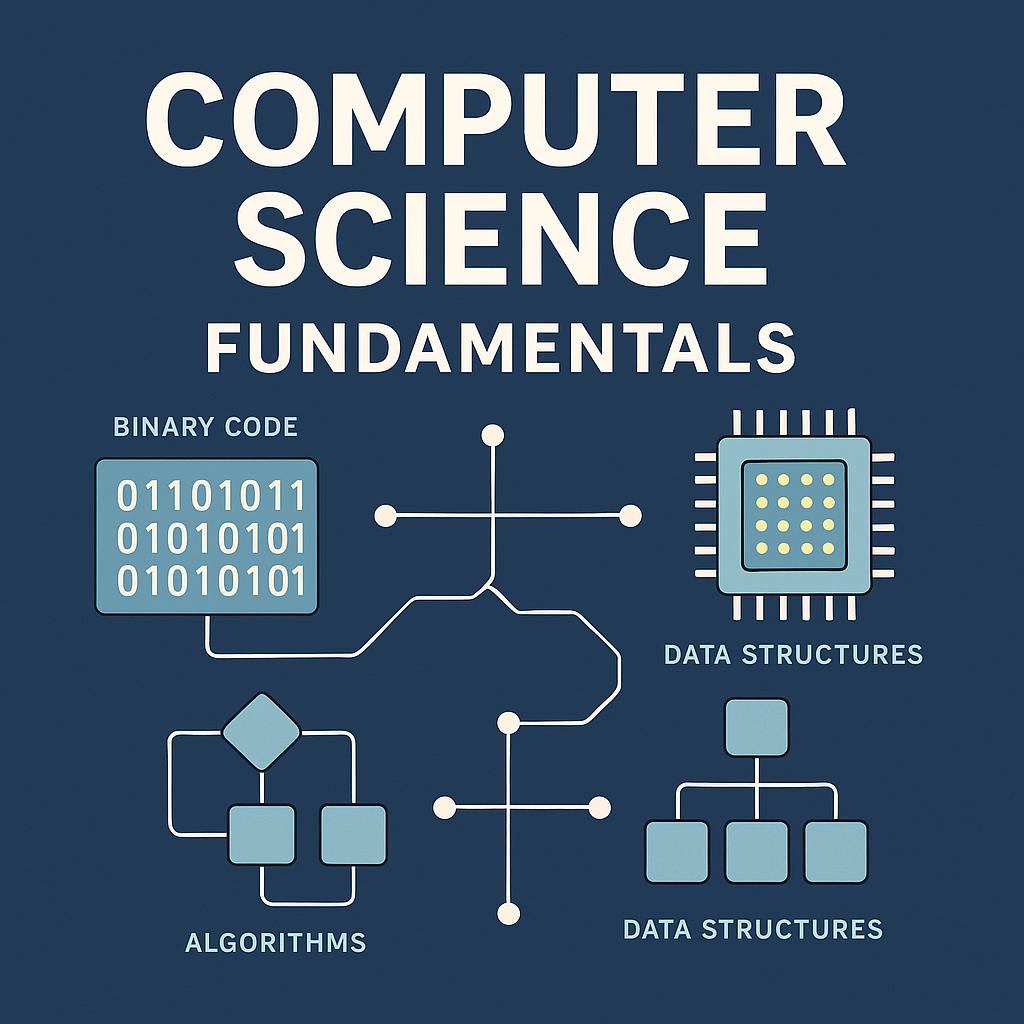Computer Science fundamentals for Tech Interviews
This section covers the fundamental building blocks of computer systems and modern computing essentials.
It’s designed to give you the baseline knowledge required for HLD/LLD interviews and to strengthen your overall engineering awareness.
From networking basics → operating systems → CPUs & GPUs → AI concepts → security, this hub ensures you’re equipped to connect low-level fundamentals with high-level system design.
INFO
Computer Science is a very wide field. We are covering bare minimum that will help you in interviews. Please read proper books if you want to become expert at CS fundamentals.
Also, if you are short on time, you may skip these sections. They are low priority.

Articles in This Series
1. Networking Basics
- OSI vs TCP/IP Model
- How the Internet Works (DNS, IP, Routing, NAT)
- HTTP & HTTPS Basics
- SSL/TLS Basics
- Common HTTP Status Codes (2xx, 3xx, 4xx, 5xx)
2. Operating Systems & Concurrency
- Processes vs Threads
- CPU Scheduling & Context Switching
- Memory Management (Paging, Segmentation)
- Concurrency Control (Locks, Deadlocks, Semaphores)
- Concurrency vs Parallelism
3. Computer Architecture
- How CPUs Work (Instruction Cycle, Pipelines)
- Caches & Memory Hierarchy
- Storage (SSD vs HDD, File Systems)
- GPUs & Parallel Computing
4. Security Basics
5. AI & Modern Computing
- How AI Works (Layman’s Guide)
- Why math (linear algebra, probability, optimization) drives AI decisions.
- Difference between Small Language Models (SLMs), Large Language Models (LLMs), and Context-Specific LLMs.
- High-level “mental picture” of how AI systems operate.
- Neural Networks at a Glance
- GPU vs TPU for AI Workloads
6. Infrastructure & Cloud Fundamentals
- Cloud Fundamentals: AWS/GCP/OCI
- IaC with Terraform
- Containerization: Docker and Kubernetes
- Distributed Systems: CAP, Consensus
- Monitoring and Alerts
- GPU and AI Infra: Telemetry and SCADA
- Microservices Pitfalls and Best Practices
- CI/CD Pipelines
- Security in Infra: Fraud Prevention
7. Miscellaneous Core Topics
- DNS Deep Dive
- CDN Basics
- Email Protocols (SMTP, IMAP, POP3)
- Compression & Encoding (Base64, gzip)
- REST Architecture
- Multipart APIs
- Circuit Breaker
- Video Streaming Technology
- Websockets, Server-Sent events, Long Polling, Short Polling
- Messaging Queues and Streaming Technologies
- Common terms in Infra and System Design
How to Use This Series
- Beginner? Start with Networking + OS basics.
- Interview Prep? Focus on Networking, OS, Security, and AI overview.
- Real-world Engineer? Deep dive into Architecture, GPUs, and AI.
- Quick Refresh? Use it as a glossary to cross-reference during HLD/LLD prep.
Further Reading
- Computer Networking: A Top-Down Approach — Kurose & Ross
- Operating System Concepts — Silberschatz, Galvin, Gagne
- Computer Organization and Design — Patterson & Hennessy
- Deep Learning — Ian Goodfellow et al.
- Engineering blogs of Google, NVIDIA, OpenAI, and Cloudflare